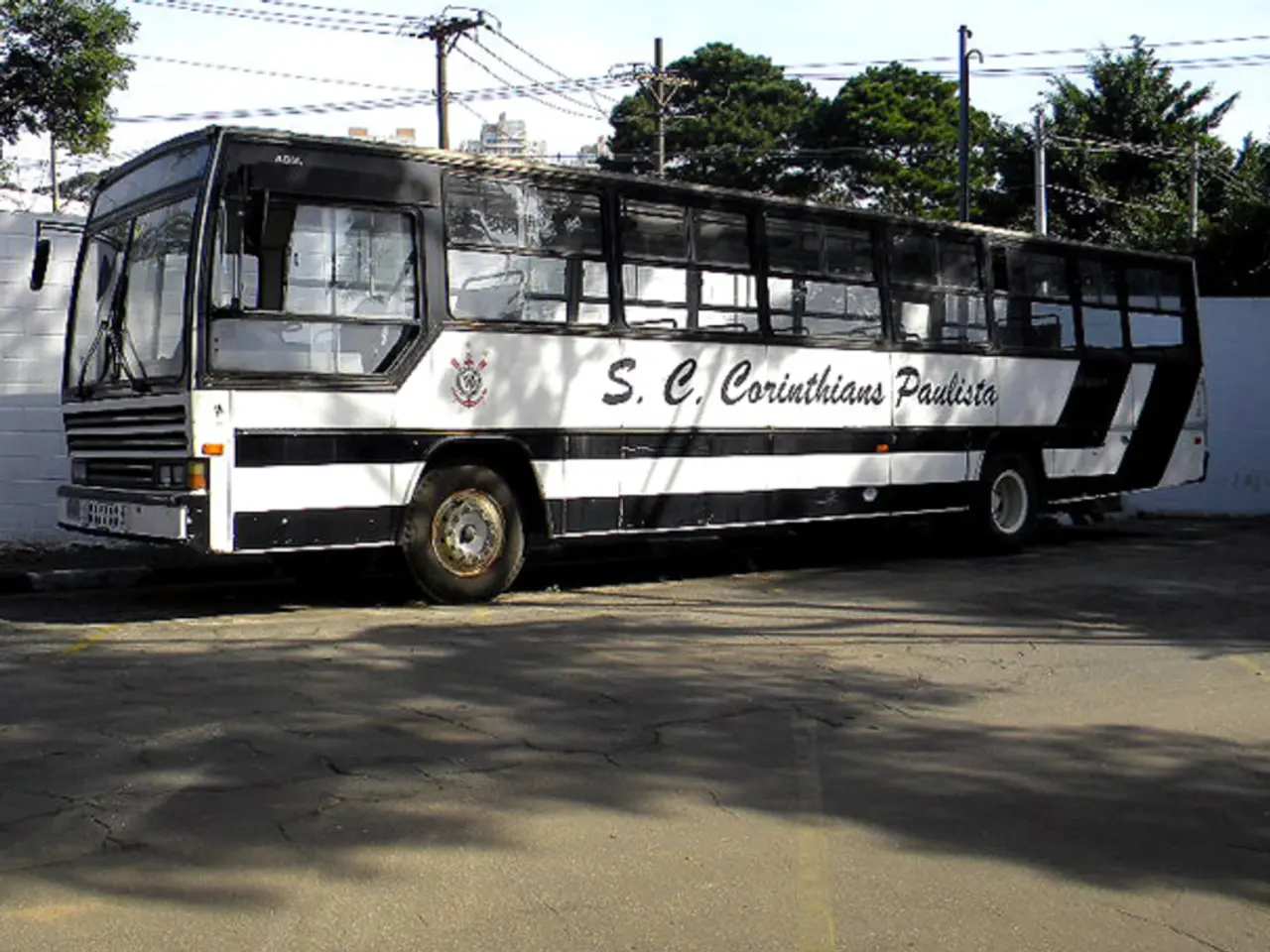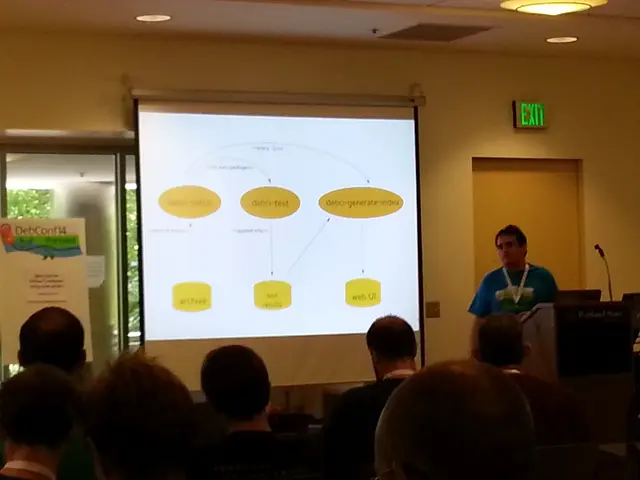Will the electric buses hold up under the challenges presented by Lagos's infamous traffic congestion?
Lagos, Nigeria's bustling metropolis, is taking a significant step towards a greener future with the introduction of electric buses. This initiative is the result of a partnership between Oando Clean Energy Limited (OCEL) and the Lagos Metropolitan Area Transport Authority (LAMATA).
The electric buses are currently being used as a test run to establish the viability of electric vehicles for mass transportation in Lagos State. With electric vehicles being three times more efficient and requiring minimal maintenance compared to regular vehicles, the potential benefits are significant.
These electric buses can travel up to 280 kilometers before needing a recharge, offering a promising solution for long-distance travel within the city. Proper maintenance of these buses is crucial for their sustainability, ensuring they continue to deliver on their environmental promises.
One of the primary motivations for this transition is the reduction of emissions. In Lagos, most emissions come from small cars, so transitioning to mass transit buses could help reduce both traffic and emissions. The transportation sector accounts for over 60% of greenhouse gas emissions in Lagos, making this shift a critical step towards achieving the city's goal of becoming carbon-neutral by 2050.
The electric buses are operating on two routes: Oshodi to Obalende and Oshodi to Ikorodu. On a full charge, an electric bus can travel from Oshodi to Obalende and back approximately five times.
Despite the removal of fuel subsidies leading to an increase in public transport fares, the fare prices of the electric buses and the regular BRTs are the same. This move could alleviate commuters' concerns about additional costs associated with the transition to electric vehicles.
Duncan Byencit, a senior associate researcher at Cleantech Hub, believes that electric vehicles could be a solution to these concerns. He is optimistic about nationwide adoption of electric buses in Nigeria.
However, the future replacement of regular BRTs with electric buses in Lagos will depend on the outcome of the proof-of-concept phase. As of now, there are only two electric buses operating in Lagos, and no official decision to replace regular BRTs with electric buses has been announced.
The ultimate goal is for the government to push for the widespread adoption of electric buses across the country. If successful, Lagos' adoption of electric buses could serve as a catalyst for other states to follow suit, contributing to a greener and more sustainable Nigeria.
Sources: [1] Lagos BRT system: https://en.wikipedia.org/wiki/Bus_Rapid_Transit_in_Lagos [2] Electric bus test run: https://www.premiumtimesng.com/business/headlines/440566-oando-lamata-partner-to-introduce-electric-buses-in-lagos.html [3] Electric bus efficiency: https://www.transportenvironment.org/sites/default/files/2020-02/Electric-buses-factsheet.pdf [4] Global electric bus deployments: https://www.reuters.com/business/autos-transportation/bangalore-to-get-100-electric-buses-2021-05-17/ [5] Electric vehicle initiatives in Lagos: https://www.vanguardngr.com/2022/05/officials-of-industry-development-bank-visit-saglevs-manufacturing-plant-in-lagos/
- As the test run of electric buses continues in Lagos, the potential benefits for environmental-science and climate-change mitigation are significant, given that electric vehicles are three times more efficient and require minimal maintenance compared to regular vehicles.
- In the realm of technology and transportation, the adoption of electric cars and electric-vehicles could be pivotal in the lifestyle and finance sectors, as they offer a promising solution for reducing emissions, particularly in densely populated cities like Lagos.
- The introduction of electric buses in Lagos also marks a strategic step for the industry, as these buses can travel up to 280 kilometers before needing a recharge, making them ideal for long-distance transportation within the city.
- With proper environmental-science research and technology development, the widespread adoption of electric buses across Nigeria could potentially lead to a greener and more sustainable environment, aiding the country's goal of becoming carbon-neutral by 2050.
- In the corporate finance sector, the transition to electric vehicles could bring financial opportunities, as innovative technology companies and manufacturers in the environmental-science and technology industries expand their respective markets.




